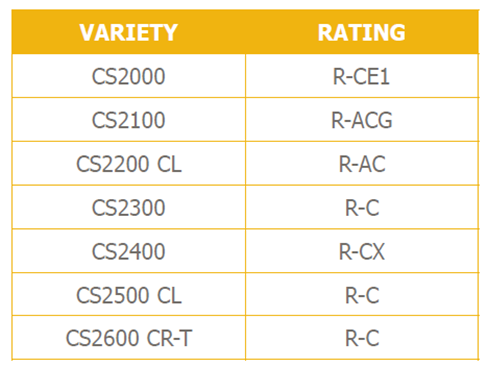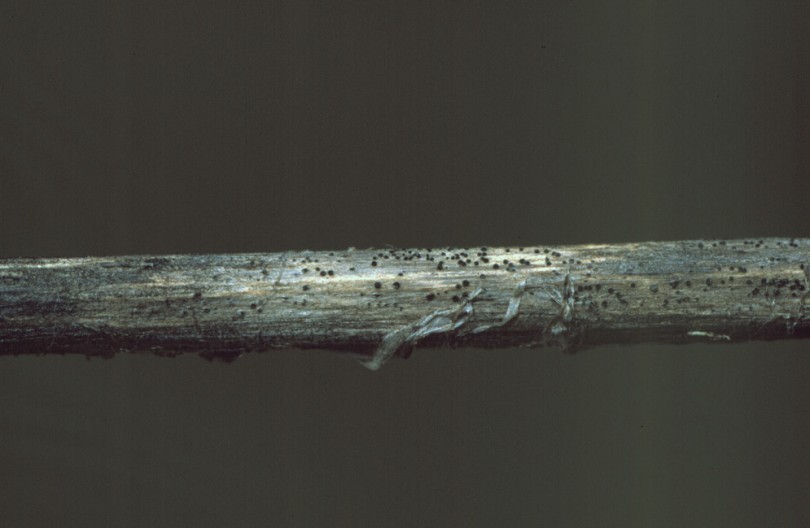Last week on Behind the Seeds, I talked about the two kinds of blackleg resistance and reviewed the Major Gene Labelling System that outlines major gene resistance. If you haven’t yet, take a few minutes to read our last post. Genetic resistance to blackleg is a complex, but important topic to help preserve yield and ROI in your canola crop.
Understanding the Evolution of the Disease
It’s generally understood that blackleg is overcoming certain resistance genes. In addition, there is variability in the blackleg strains in any given field. Fortunately, there are now new tools available to growers to help gain a better understanding of what’s going on in their fields to help mount a more effective defence.
A new stubble test is available that allows growers to get more information about the specific races of blackleg in your field. The best time to take stubble samples is in the fall after harvest, and then send them to a participating seed lab.
If you farm in Manitoba, you can get free blackleg race ID testing through the Manitoba Canola Growers Association. Other labs in Saskatchewan and Alberta include: Discovery Seed Labs and 20/20 Seed Labs. With the race specific information these tests provide, greater accuracy can be added to the variety selection process when it comes to protecting against yield loss to blackleg.
Example of a Major Gene Label
The following chart shows the major gene sources of resistance for all CANTERRA SEEDS canola varieties.

CS2100 from CANTERRA SEEDS has the most comprehensive Blackleg resistance available, with a quantitative R rating and three major genes. When you look at CS2100 on the chart above, you will see that it has a rating of: “R – ACG.”
A: Rlm1 or LepR3
C: Rlm3
G: RlmS
When you get your stubble test results back, if the major genes listed above match the avirulence genes of the blackleg in your field, then CS2100 would be a smart choice.
There is a lot of pressure on the Rlm3 gene (i.e. “C”) right now, and it’s generally understood that this resistance gene is breaking down or has already been defeated. With CS2100, you have solid quantitative resistance and two additional major genes as back-up if the Rlm3 alone doesn’t cut it.
Some research has also pointed to the added benefit of having multiple major genes. This can help reduce reliance on a single gene and thereby reduce the selection pressure on the pathogen population, thereby improving the overall durability of resistance.
Want to know more?
CS2100 is not the only CANTERRA SEEDS canola variety with strong blackleg resistance. All of our varieties generally have at least one additional major gene for an added level of resistance. Explore our canola varieties here.
If you want to brush up on blackleg before seeding, I recommend checking out blackleg.ca, an online resource from The Canola Council of Canada.



